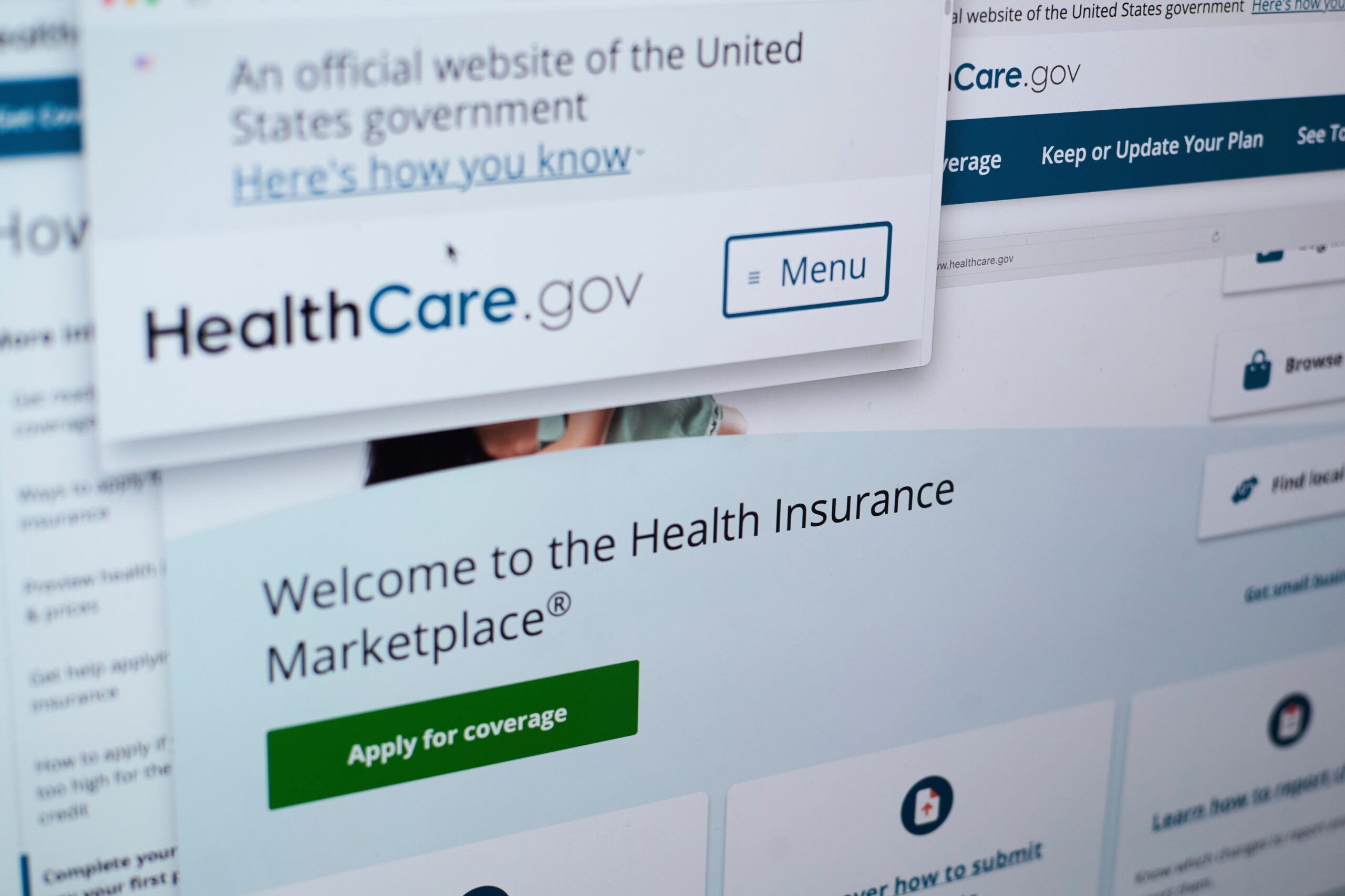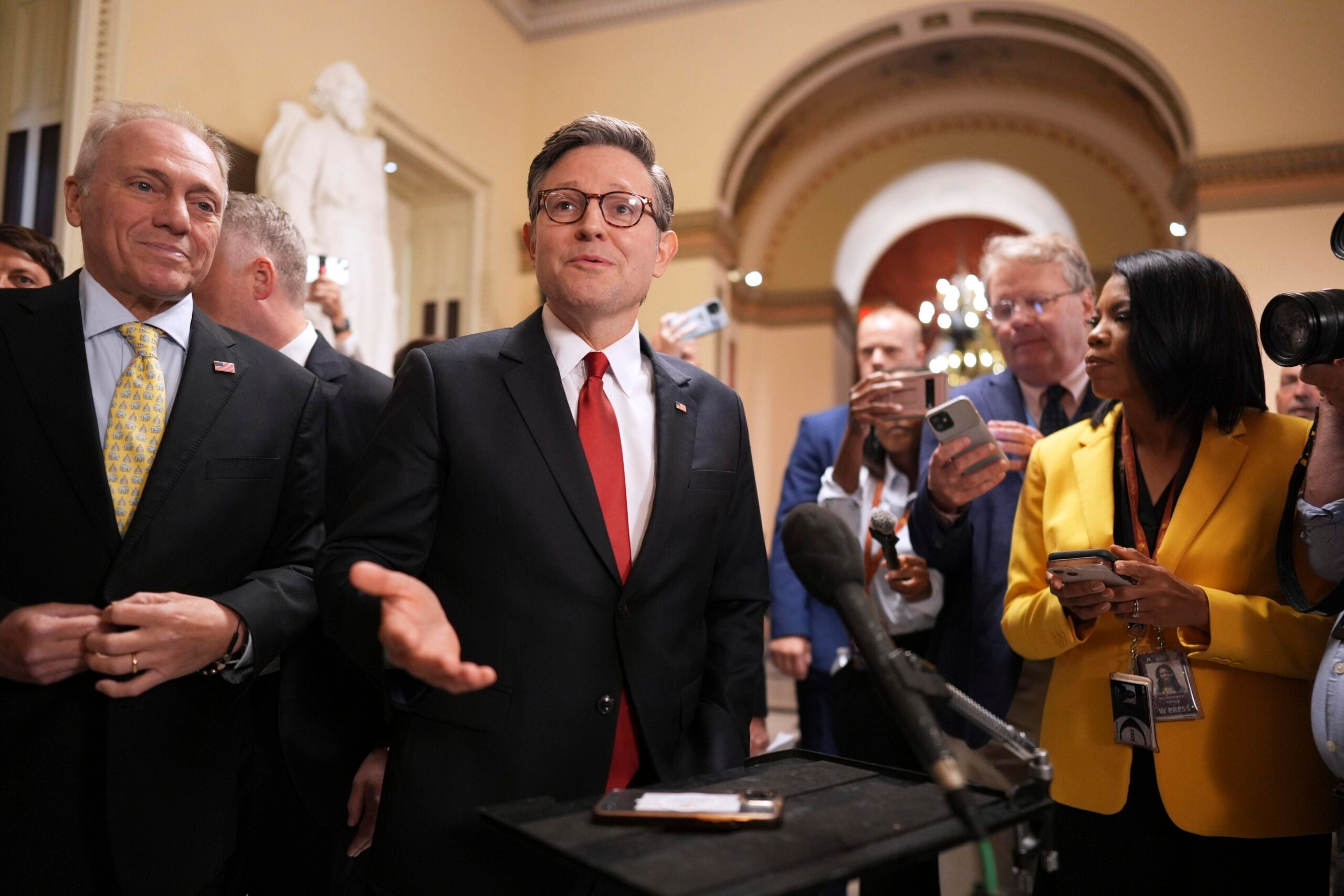Update – 3:52 p.m.: The Office of the Insurance Commissioner has responded to the report in an emailed statement that says the report by Citizen Action “doesn’t come close to telling the whole story.”
In the email, J.P. Wieske, a spokesperson for the office, wrote that many small businesses in Wisconsin simply haven’t used SHOP, making a comparison between Wisconsin’s and Minnesota’s premiums unfair. Some of those employers, he wrote, ended up using the “early renewal option” to continue their existing coverage for another year. He added that other employers simply bought insurance without turning to the federal marketplace.
News with a little more humanity
WPR’s “Wisconsin Today” newsletter keeps you connected to the state you love without feeling overwhelmed. No paywall. No agenda. No corporate filter.
A comparison of health costs shows businesses in Wisconsin are paying more than those in Minnesota.
Under federal health reform, companies with up to 50 employees can buy health insurance online through the Small Business Health Options Program, also known as SHOP. Citizen Action of Wisconsin compared the premiums of silver and gold tiered-plans available through SHOP for businesses in Wisconsin and Minnesota. It found that on average, without tax credits, the monthly premium for the lowest cost silver plan was 18 percent higher in Wisconsin, and the premium for the lowest gold plan was 11 percent higher.
Citizen Action’s Kevin Kane said rates in Eau Claire, La Crosse and Milwaukee were substantially higher than Minneapolis, but a couple of Wisconsin cities were only marginally higher.
“We’ve actually found Janesville and Appleton … respectively more affordable,” said Kane. But even then, it’s still more expensive than the Twin Cities.”
Kane said the difference in premiums might be less if Wisconsin’s insurance commissioner were more aggressive in reviewing insurance rates.
“Minnesota has used this power pretty extensively,” said Kane. “Their Department of Commerce has shown they’ve successfully lowered rates as much as 37 percent for some insurance plans.”
Citizen Action also said that uncompensated care is driving up premiums in Wisconsin: When patients can’t pay, hospitals have to make up the difference by charging other patients more.
The Office of the Insurance Commissioner did not comment in time for this story.
Wisconsin Public Radio, © Copyright 2026, Board of Regents of the University of Wisconsin System and Wisconsin Educational Communications Board.



